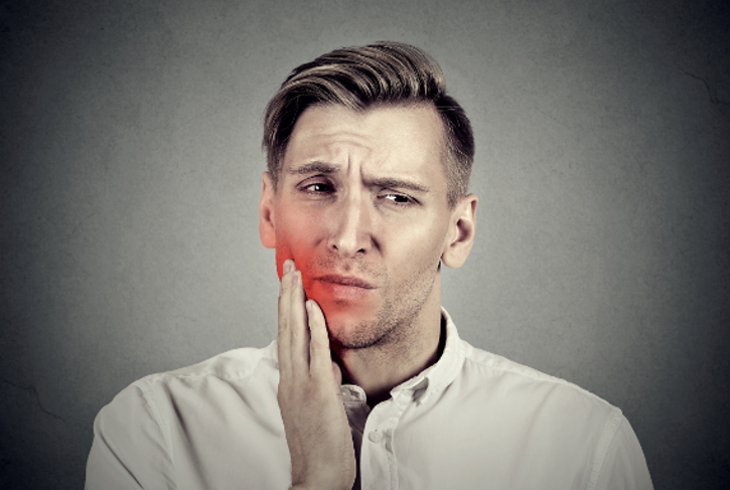The old adage that “an apple a day keeps the doctor away” has an equivalent for dentists.
The dental version is “keep your teeth cavity-free with healthy dental hygiene habits.” While not quite as catchy, the sentiment is still true. Teaching your child healthy dental hygiene from a young age is essential to preventing dental issues later in life.
Infants generally get their first teeth between 4 to 7 months, although this varies depending on the child. A full set of healthy baby teeth should grow in by age 3.
Baby teeth generally start to fall out between 6 and 12 years of age. Wisdom teeth may not grow in until at least the age of 17, if at all.
Teaching young children that the kids dentist is friendly and helpful goes a long way toward making them happy and excited to visit the dentist. Regular visits can help you to reinforce your dental hygiene routine at home and help children develop a positive relationship with oral care.
Teaching Dental Hygiene Habits at Home
As a parent, you can teach your children important dental hygiene just like you teach them how to avoid injury and eat healthy foods. Even as infants, it’s important that children learn to adhere to a dental hygiene routine and why it’s important to the overall health of their teeth and gums.
Here are a few tips to get your young children familiar with the importance of oral healthcare.
1. Even before your child has teeth, promote positive dental hygiene. Start by wiping their gums after eating with a clean, damp washcloth to reduce the spread of bacteria in the mouth.
2. Once your child’s baby teeth start to grow in, brush them after meals using an infant-size toothbrush and a tiny amount of fluoride toothpaste. Brush lightly and ensure your child doesn’t swallow any of the toothpaste.
3. Flossing can begin once your child’s teeth begin to touch each other. Remember to floss lightly.
4. Avoid putting infants to bed with a bottle, as this habit encourages tooth decay.
5. Speed up the transition from drinking out of a bottle to a cup. Doing so ensures healthier teeth in the future.
6. About 2 years of age, teach your toddler to spit out when brushing. But don’t give them water to rinse with because they may swallow toothpaste still lingering in their mouth.
7. By age 3, increase the amount of toothpaste squeezed onto a toothbrush to resemble a pea size.
8. Supervise children under 6 while they brush to keep them from swallowing toothpaste.
9. After age 8, your child is old enough to have an adult-sized toothbrush. Consult with your dentist to determine the proper size.
10. Use floss sticks to make it easier for young children to handle and manipulate.
11. Switch out your child’s toothbrush whenever bristles start to look worn out.
Make the process fun by keeping your child engaged. Allow them to choose their own toothbrush and toothpaste at the store. Read books or watch videos online related to healthy dental hygiene, and use a timer or a favorite song to show them how long it should take to brush their teeth.
When Should Your Child Start Visiting a Dentist?
Unless you’re concerned there are issues with your child’s baby teeth, a child should first visit the family dentist when they turn one year of age.
Should I Be Using Fluoride-based Toothpaste on my Child’s Teeth?
Fluoride helps harden tooth enamel, which prevents cavities. But use it cautiously. Too much fluoride can stain the teeth and shouldn’t be ingested.
Why Are Children More at Risk to Have Cavities?
Cavities are caused by bacteria that create holes in the enamel of a tooth. Children may be more at risk for cavities because their teeth are harder to brush.
Other risk factors include:
- Premature birth or low birth-weight
- Special healthcare needs
- Infrequent visits to the dentist
- A diet that’s high in sugar
The Importance of a Healthy Diet to Your Child’s Teeth
A healthy diet helps to promote better overall health, including the mouth and teeth. Children who consume a lot of high-sugar foods and drinks (soda, fruit juices) are at a higher risk to develop cavities. While candy is an obvious source of sugar, the body still considers foods made with honey or other “natural” sweeteners as sugar. Do your best to ensure your child brushes their teeth immediately after consuming any sugar.
A balanced diet made up of healthy foods, such as vegetables, fruits and proteins chock full of vitamins goes a long way in ensuring your child’s overall health is optimal, but also help to establish strong oral health while they’re young and minimize issues with their teeth as they get older.
Promoting healthy oral hygiene to children has a lasting impact on the overall health of their teeth throughout their lives. Making the effort to establishing an oral health care routine at a young age helps young children make an investment in their teeth later in life.
East River Dental has over 30 years of experience providing dental services to children. If you’re seeking a new practitioner, we’re always glad to accept new patients, no matter their age. Reach out today to have your dental care needs are taken care of by our experienced and professional staff at 289-301-5570.



